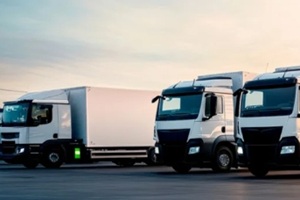 Hawaiʻi is home to nearly 134,000 small businesses all which are subject to the requirement to carry auto insurance for their business use vehicles. The cost of litigation for auto-related liabilities is a major point of concern for businesses of all sizes, especially those in the building and contracting sectors. Allowing company vehicles to operate without the proper commercial auto insurance coverage is risky and, in many cases, ruinous for business owners. Hawaiʻi’s established auto insurance requirements should be well understood by anyone who runs or plans to run a business in Hawaiʻi.
Hawaiʻi is home to nearly 134,000 small businesses all which are subject to the requirement to carry auto insurance for their business use vehicles. The cost of litigation for auto-related liabilities is a major point of concern for businesses of all sizes, especially those in the building and contracting sectors. Allowing company vehicles to operate without the proper commercial auto insurance coverage is risky and, in many cases, ruinous for business owners. Hawaiʻi’s established auto insurance requirements should be well understood by anyone who runs or plans to run a business in Hawaiʻi.
This guide to those commercial auto requirements can help businesses avoid costly mistakes and get the coverage that makes sense for their operations.
Types of Businesses Covered by Commercial Auto Policies
While individual auto coverage only covers personal use, commercial insurance covers vehicles used for revenue-generating purposes. Here are some of the types of business vehicles that need to be protected by commercial auto coverage:
- Business Auto: Commercial auto policies cover vehicles used to transport company personnel for business activities. Vehicles that make company deliveries and drive employees to client meetings both fall under business auto coverage. These policies cover personal vehicles that are being driven for company purposes, which personal auto plans will not cover.
- Livery: Livery insurance protects vehicles that transport people for revenue, including taxis, limos, and some medical transports (non-emergency). Vehicles used for ridesharing services may fall under livery coverage in certain circumstances, despite being personal vehicles.
- Contractor: Insuring the vehicles used by contractors is different than other industries because these vehicles often travel between job sites with heavy tools and equipment, accruing far more road miles than most commercial vehicles and being at a greater risk of being in an expensive accident.
- Foodservice: Vehicles in food delivery and service industries such as restaurants, food trucks, ice cream vendors, and more require specialized equipment to safely transport their goods. Without corporate insurance, these vehicles won’t be covered for accidents while engaged in company business even if they are normally used for personal purposes.
- Trucking: Trucks, tractor-trailers, tow trucks, roadside repair vehicles, and more often require specialty commercial coverage to protect them during their specific operations.
This is not an exhaustive list. Any business that requires a vehicle to conduct its operations must have commercial auto coverage to operate in Hawaiʻi.
Types of Commercial Auto Coverage
To protect these vehicles, businesses in Hawaiʻi need to match the type of commercial auto coverage with their operational needs. No matter the vehicle, the commercial auto protection typically comes with four components:
 Auto Liability, which covers businesses for the costs of bodily injuries and property damage resulting from accidents involving their drivers
Auto Liability, which covers businesses for the costs of bodily injuries and property damage resulting from accidents involving their drivers- Comprehensive Coverage, which covers the policy owner for damage to their vehicles caused by vandalism, weather, animals, and more, with some exclusions that vary between insurers
- No-Fault Coverage, which covers the cost of auto accident damage regardless of whether the driver was negligent, up to a certain limit, since Hawaiʻi is considered a “no-fault state”
- Collision Coverage, which covers the damages to business vehicles that have been in accidents involving other vehicles or objects
Minimum Liability Requirements in Hawaiʻi
Hawaiʻi requires businesses to have minimum liability coverage in three separate areas, also known as its 20/40/10 rule. Here’s a breakdown of the coverage requirements for an accident involving a commercial vehicle:
- $20,000 of liability coverage per person
- $40,000 of liability coverage for all people
- $10,000 of liability coverage for property
This means that if your business opts for the minimum state requirements, your insurer will not pay more than $40,000 in liability coverage for all bodily injuries sustained by all people in an accident involving your vehicles.
This is known as a split limit, as opposed to many states that have a single combined limit (SCL). In addition to these minimum liability limits, Hawaiʻi also requires personal injury protection (PIP) for corporate vehicles.
These policies pay for expenses accrued by both employee drivers and third parties, including future medical expenses and lost wages.
Despite these state-wide minimum coverage limits, certain vehicles require additional coverage due to their size, usage, and other risk factors. Businesses in Hawaiʻi need to be aware of how these changes will impact their insurance needs.
Consulting a professional insurance firm is the best way to find a policy that matches your business’s specific requirements.
Get Commercial Auto Coverage in Hawaiʻi With a Professional Agent’s Help
 Commercial auto coverage is a state-mandated necessity in Hawaiʻi. Yet, the coverage requirements impact businesses differently depending on their vehicle types, coverage needs, and risk levels. At Atlas Insurance, we have served businesses in Hawaiʻi for over 95 years.
Commercial auto coverage is a state-mandated necessity in Hawaiʻi. Yet, the coverage requirements impact businesses differently depending on their vehicle types, coverage needs, and risk levels. At Atlas Insurance, we have served businesses in Hawaiʻi for over 95 years.
Our team of professionals leverages global resources to help clients negotiate their premiums and get the coverage they need to stay competitive in their fields. However, our focus is and always has been on Hawaiʻi – its people, its businesses, and their journey.
Contact us today to learn how our comprehensive insurance, risk management, claims management, and other services can help you stay covered even in times of change.
